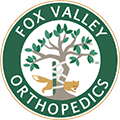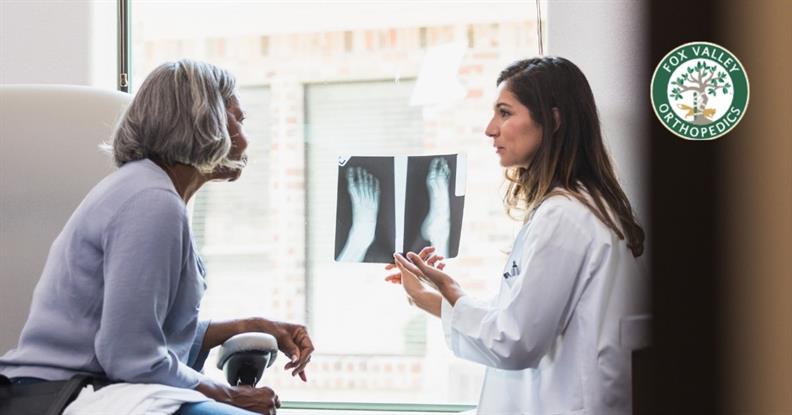The Importance of Good Nutrition for Muscle & Bone Health
- Category: Blog
- Posted On:

Proper nutrition can go a long way to fight off disease and recover from injuries. For example, consuming enough calcium and vitamin D is important for bone health. It’s crucial for a younger person to eat a healthy diet, too, as it creates stronger bones and wards off common conditions affecting seniors, like osteoporosis. This disease causes the bones too become more fragile and makes you more prone to fractures. Likewise, maintaining healthy muscle tissue is essential to living a better quality of life. You can keep your muscles strong through routine physical activity, of course, but it also helps to eat plenty of protein.
It’s also important to eat a nutritious diet and have a balanced lifestyle for overall health, which is all the more crucial when preparing or healing from a surgical procedure. Malnutrition not only threatens overall health, more specifically, but it can also damage muscle and bone health and lead to diseases like osteoporosis or arthritis.
What Foods Should I Be Eating for Better Orthopedic Health?
It’s essential to eat a varied diet that includes all 3 macronutrients: protein, fat, and carbohydrates. Micronutrients can be consumed with daily supplements to give yourself the best chance at a longer, healthier life. Contrary to popular opinion, carbs (sugars) are vital to provide the fuel muscles need to work well. Even dietary fat, something many needlessly avoid, is important at an appropriate level. Dietary fat is useful to help cushion the internal organs, it provides insulation to keep you warm, and it helps your body absorb nutrients and certain hormones.
The 3 Macronutrients & How They Support Muscle Health
Good sources of protein include:
- Lean red meat
- Fish
- Poultry
- Eggs
Try to get your carbs from the healthiest, natural sources rather than sugary treats. Excellent sources of carbs that boost muscle/bone health include:
- Whole fruits (not juice)
- Whole grains (not refined carbs)
- Cereals
- Beans
- Legumes
Your body needs dietary fats, as well, especially unsaturated fats (not saturated or trans fats). Good fats can lower your harmful cholesterol levels and are beneficial to the muscles and bones, as well. You can get unsaturated fats from:
- Nuts
- Avocados
- Low-fat dairy
- Lean meats
- Fish
- Eggs
- Healthy cooking oils
Maintain Proper Nutrition Throughout Your Life for Better Health
The nutrition basics you learned in school still apply: Eat a varied diet with sweets, alcohol, and processed carbs at a minimum, while focusing on nutritious whole foods. By maintaining a nutritious diet, you can maintain strong bones, muscles, and connective tissues that will keep you healthy and strong even into your golden years. You may even want to consider joining a healthy living program. However, if you do acquire an orthopedic condition like osteoporosis, don’t despair. Your orthopedist can help evaluate your nutrition profile and recommend anything you should or minimize from your diet to maintain optimum health.
Do you have questions about nutrition and musculoskeletal health? Contact us at Fox Valley Orthopedics to make an appointment. Reach out at (630) 584-1400 or via our online contact form to get in touch.



